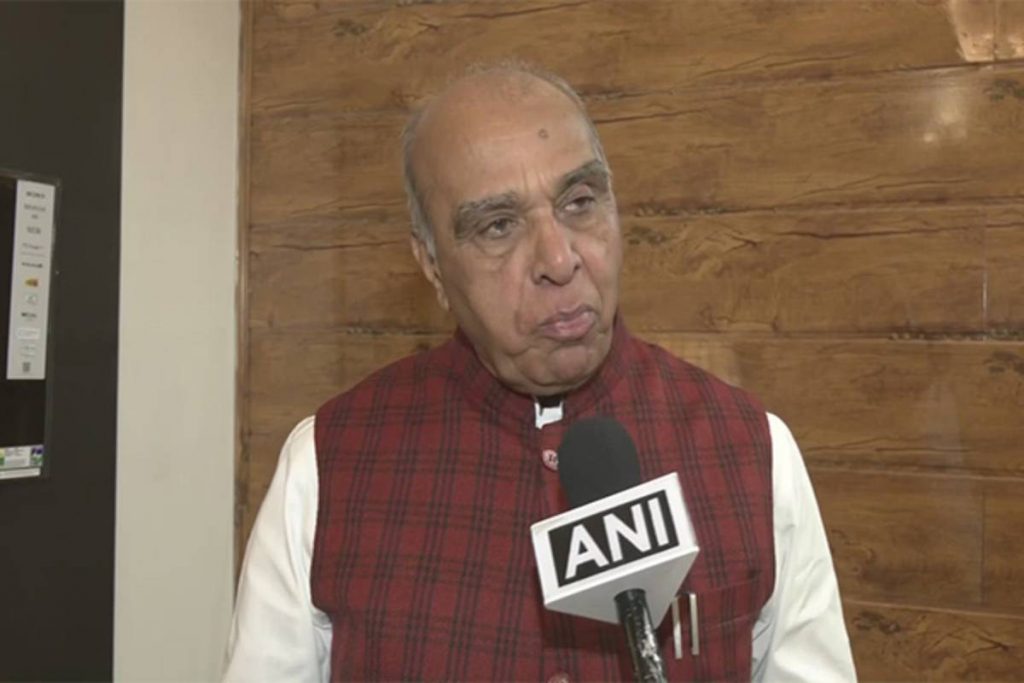Joint Parliamentary Committee (JPC) Chairman on the Waqf (Amendment) Bill and Bharatiya Janata Party (BJP) MP Jagdambika Pal assured on Tuesday that the proposed amendments aim to improve the functioning of the Waqf Board and do not infringe upon religious freedoms.
Addressing concerns over the bill, Pal alleged that AIMIM chief Asaduddin Owaisi was misleading the public. “If this government is making amendments to the Waqf, then it is for the greater good. No religious freedom is being taken away… The Waqf Board is a statutory body, not a religious entity,” Pal stated.
He further criticized the opposition to the bill, stating, “Owaisi is trying to mislead the country. The JPC had invited the All India Muslim Personal Law Board (AIMPLB) for discussions, yet they proceeded with protests at Jantar Mantar. This bill is for their own benefit, but they are attempting to create unnecessary unrest among Muslims and minorities.”
Amid growing opposition, the AIMPLB has announced a nationwide agitation against the bill, following a large protest in Delhi on March 17. A statement from AIMPLB’s Office Secretary, Mohd Vaquar Uddin Latifi, confirmed the continued protests against the proposed amendments.
The Waqf Act of 1995, originally designed to regulate Waqf properties, has been criticized for mismanagement, corruption, and encroachments. The Waqf (Amendment) Bill, 2024, seeks to address these concerns through reforms such as digitization, stricter audits, increased transparency, and legal measures to reclaim illegally occupied properties.
Meanwhile, Jammu and Kashmir National Conference leader Omar Abdullah expressed concerns over the bill, warning that it appeared to target a specific community, which could lead to heightened tensions. “All communities engage in charitable activities, and for Muslims, this is done through the Waqf Board. When only one community is singled out, tensions are bound to rise,” Abdullah remarked.
The bill has sparked a nationwide debate, with the government maintaining that it aims to improve governance, while critics argue that it disproportionately impacts the Muslim community.
